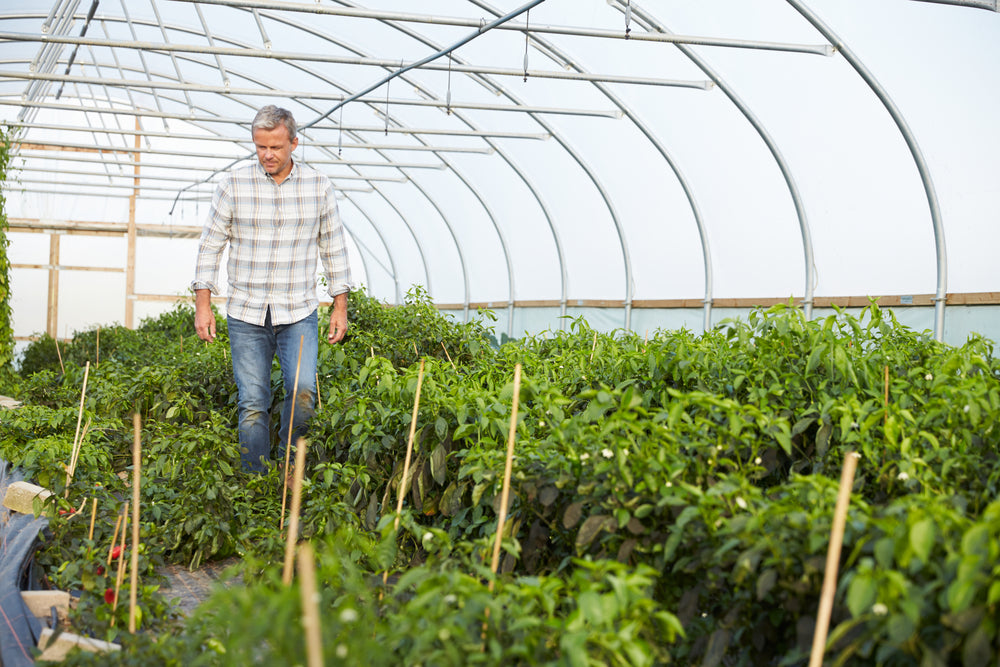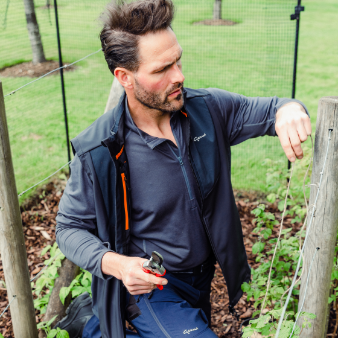Technology in the garden - polytunnels

If you want to extend your fruit and vegetable growing season, or protect more tender plants from harsh winter weather, a polytunnel is a cheaper alternative to a greenhouse.
A polytunnel is semi-circular structure made with hoops of steel, aluminium or PVS, covered with polythene or similar plastic sheets. As well as giving you much more growing potential such as growing winter lettuce, they can also protect plants from pests and wildlife.
The easiest way of creating your own polytunnel is by buying a kit. But before you splash out you’ll need to consider size and location. You can buy polytunnels in a mind-boggling range of sizes. If space is an issue, a mini polytunnel (from around 1.2 – 1.4M) is relatively easy to assemble and maintain. These are useful to protect seedlings or plants from spring frosts. Otherwise, if you have the space and budget and plan to try and be as self-sufficient as possible, you might want to go for a maximum size. You don’t want your tunnel to dominate you garden and will need to leave enough space around it – but a big polytunnel can be used for storage or even hanging out the washing!
In terms of orientation, north to south is ideal as it means crops in summer shade either side equally to reduce overheating in summer. A flat site is also preferable. Your polytunnel can be constructed straight onto soil or over raised beds or in containers. If over soil, ideally the polythene will be buried all around in trenches in order to have a polythene barrier in the ground to protect against pests and weeds. Ideally the air will circulate from one end to another so having a gap at either end is ideal, such as between the top of the door and the frame. Also try to have doors near points for watering.
Once your polytunnel is up and in use, a layer of bubble wrap fastened with string inside can help block icy draughts in a cold snap. You can also use horticultural fleece for extra warmth to keep everything warm and thriving until the sunny days arrive. Happy growing!







